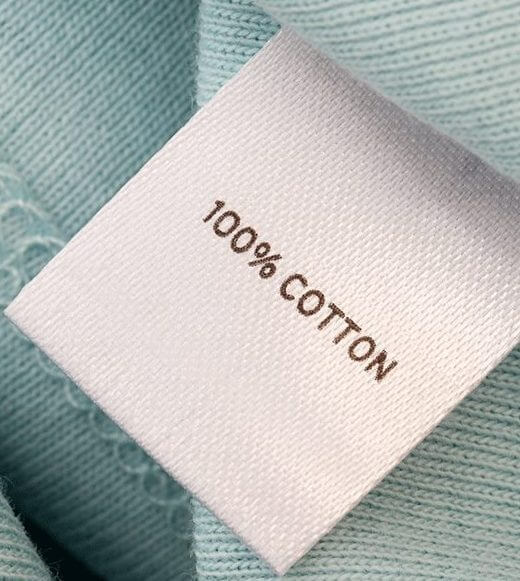In today's world, where synthetic fabrics dominate the market, the question arises: Is 100% cotton good or bad for you? This article aims to provide an in-depth analysis of the pros and cons of using 100% cotton fabrics, shedding light on its impact on your health.
- Breathability and Comfort:
One of the major advantages of 100% cotton is its breathability. Unlike synthetic fabrics, cotton allows air to circulate, keeping your body cool and preventing excessive sweating. This natural fiber is highly absorbent, wicking away moisture from your skin, making it an excellent choice for hot and humid climates. Additionally, cotton fabrics are soft and gentle on the skin, providing a comfortable wearing experience. - Hypoallergenic Properties:
For individuals with sensitive skin or allergies, 100% cotton is a blessing. This natural fabric is hypoallergenic, meaning it is less likely to cause skin irritations or allergic reactions. Unlike synthetic materials that can trap moisture and bacteria, cotton allows your skin to breathe, reducing the risk of skin issues such as rashes or itching. - Durability and Longevity:
Cotton is known for its durability, making it a wise investment for your wardrobe. High-quality cotton fabrics can withstand frequent washing and wear without losing their shape or color. This longevity not only saves you money in the long run but also reduces environmental waste caused by fast fashion. - Environmental Impact:
Unlike synthetic fabrics derived from petroleum, cotton is a renewable resource. It is biodegradable and has a lower carbon footprint, making it a more sustainable choice. However, it is important to consider the environmental impact of cotton cultivation, as conventional cotton farming often involves the use of pesticides and excessive water consumption. Opting for organic cotton or supporting brands that prioritize sustainable farming practices can mitigate these concerns. - Moisture Retention:
While cotton's absorbent nature is beneficial in hot weather, it can also be a drawback in certain situations. Cotton tends to retain moisture, which can be problematic in cold and damp environments. Wearing wet cotton clothing in such conditions may lead to discomfort and even hypothermia. It is crucial to consider the weather conditions and choose appropriate clothing accordingly.
Conclusion:
In conclusion, 100% cotton has numerous advantages for your health and overall well-being. Its breathability, hypoallergenic properties, durability, and eco-friendliness make it a favorable choice for many. However, it is essential to consider the specific circumstances and environmental factors when deciding whether to opt for cotton. By understanding the pros and cons, you can make informed choices that align with your needs and values.


